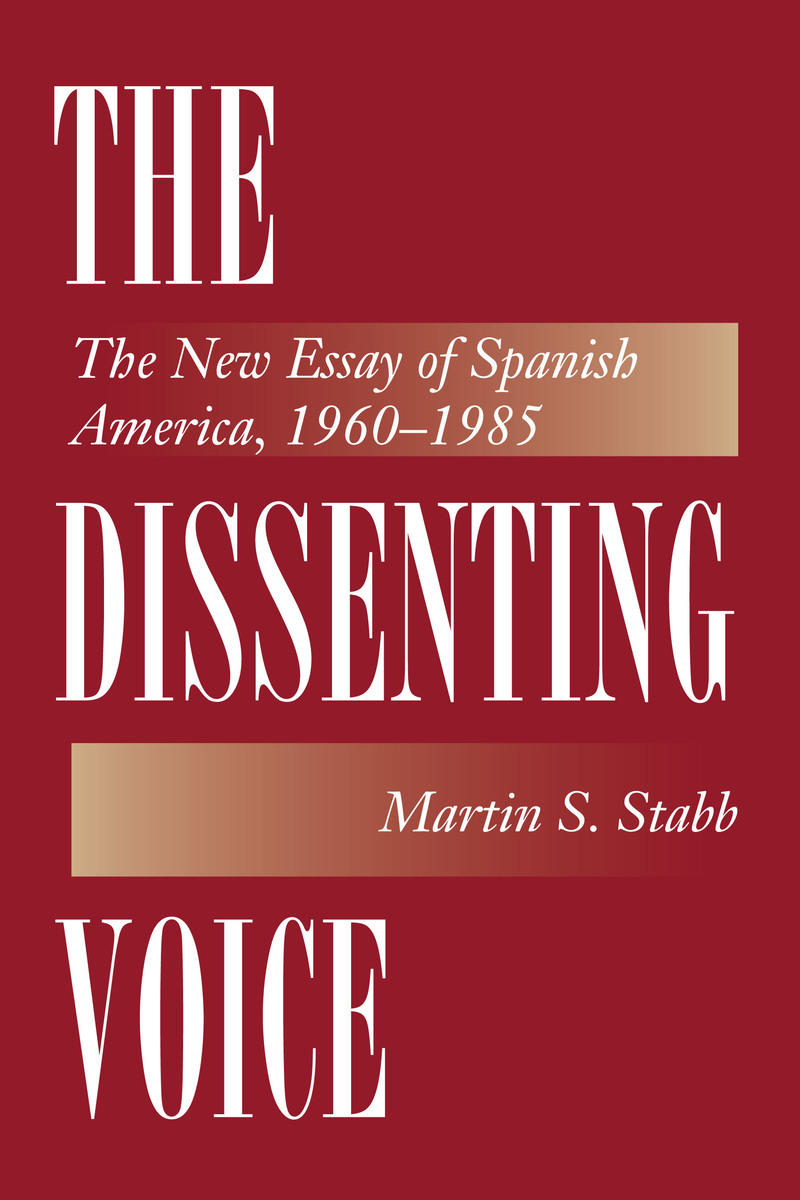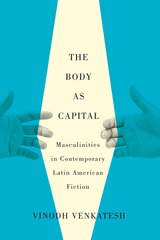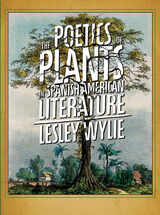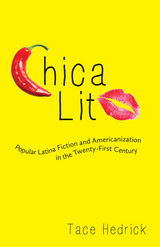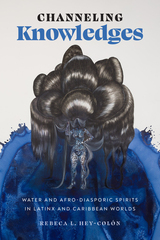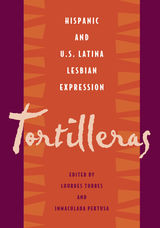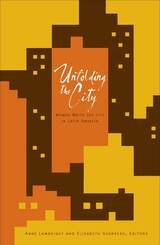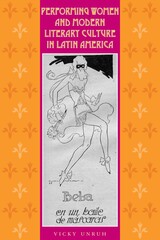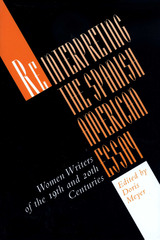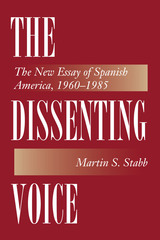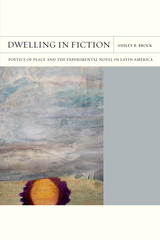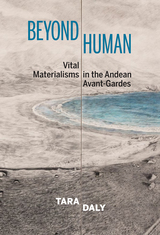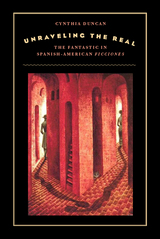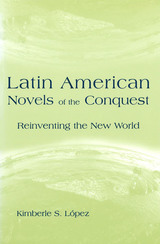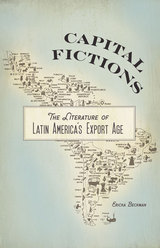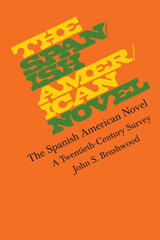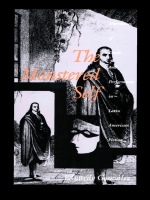eISBN: 978-0-292-75487-4 | Cloth: 978-0-292-77684-5 | Paper: 978-0-292-75486-7
Library of Congress Classification PQ7082.E8S83 1994
Dewey Decimal Classification 864
Political, social, and aesthetic change marked Latin American society in the years between 1960 and 1985. In this book, Martin Stabb explores how these changes made their way into the essayistic writings of twenty-six Spanish American intellectuals.
Stabb posits that dissent—against ideology, against simplistic notions of technological progress, against urban values, and even against the direct linear expository style of the essay itself—characterizes the work of these contemporary essayists. He draws his examples from major canonical figures, including Paz, Vargas Llosa, Fuentes, and Cortázar, and from lesser-known writers who merit a wider readership, such as Monterroso, Zaid, Edwards, and Ibargüengoitia. This exploration overturns many conventional assumptions about Latin American intellectuals and also highlights some of the other achievements of authors famous primarily for novels or short stories.
See other books on: Caribbean & Latin American | History and criticism | Spanish America | Spanish American essays | Spanish American prose literature
See other titles from University of Texas Press
